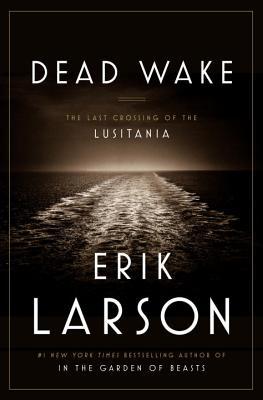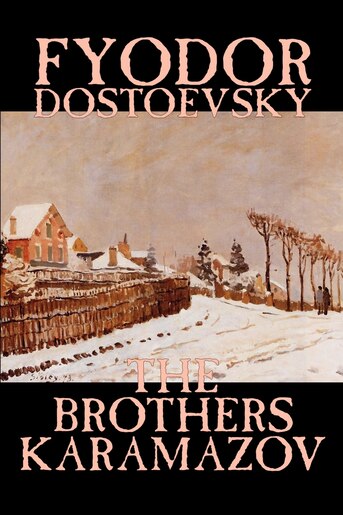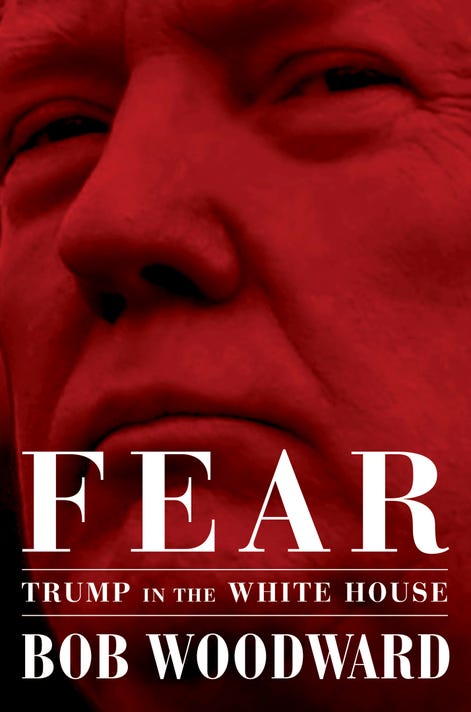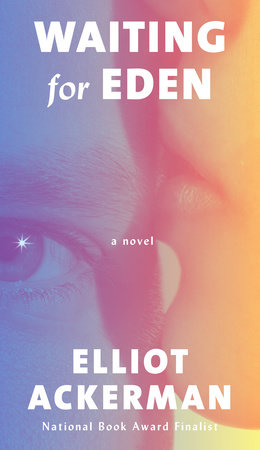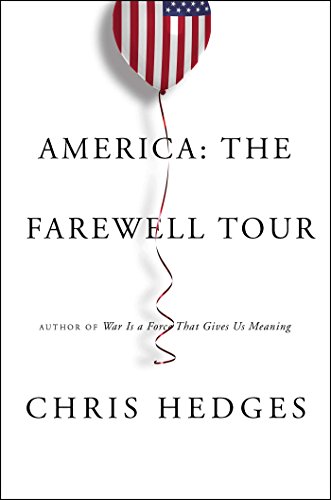Marabou Stork Nightmares is the third book and second novel by Irvine Welsh. It is narrated by and about Roy Strang, a boy from Muirhouse in Edinburgh who is in a coma. The narrative switches between the people Roy hears talking to him in his hospital bed, his description of his dysfunctional upbringing including a family emigration to South Africa, and the apparent fantasy of him hunting a marabou stork.
It carries on from the more experimental aspects of the first two Welsh books and it's pretty successful. There's a range of fonts and formatting on the page during the coma sections when Roy hears people - his family and his nurse mostly - talking to him and can feel himself recovering. When you first start reading it can be slightly disorientating as the words go up or down but, along with the changes in location they feel natural after you've gone through them a few times. It helps somewhat in this situation too that there's a switch between dialects. The stork safari sections are in the style of old Victorian-era missionaries, while the rest is in regular Edinburgh-Scots dialect. The shift in language is as intuitive as the shift in settings, and contributes to the surreal absurdity of the safari.
There does seem to be a recurring thing in Welsh where the narrator occasionally slips in to an enlightened, properly spoken genius who becomes self-aware of the horrors of their life which I think will get tedious if it continues to appear. The main difference in this case is that Roy isn't constantly out of his face on drugs, but he carries the same propensity for violence and short-sighted self-interest. His family life is a strange mixture of working class squalor and self-righteousness. Come to think of it, this book differs from Trainspotting and A Smart




from The Acid House in that there is a family at all. It's dysfunctional, his mum has two half-Italian children from a previous relationship, he has a gay brother, an autistic brother, and an apparent sexual deviant of a brother who he comes home to find having sex with his sister one day. They live in a block of flats in a generic scheme but near enough anyone in this situation in real life believes themselves to be superior to the people around them, and the Strangs aren't any different.
The family's brief stay in South Africa to live with Strang Sr.'s brother Gordon backs this up, in a strange way. I've always felt detached from some relatively recent historical events. Yugoslavia, the Berlin Wall, the Soviet Union and South African apartheid were all a thing within a couple of years of me being born or even my lifetime, but in my consciousness they're all gone and sorted by the time I was old enough to know what the world is. South Africa in the late eighties then seems to be an ideal destination for the Strangs and their errant belief they're better than everyone around them despite overwhelming evidence to the contrary.
The real strength of Welsh's writing is in his descrtiptions of people and their actions. As I've said before in posts about his books, everything feels real, relatable and understanable to me. I read about people like Roy and his friends and his family and even though it's nothing like my life, I know this mentality. I know the mindset, I know the reactions to things. Marabou Stork Nightmares isn't any different. Even in the more brutal sections (including child molestation and a dog getting fireworks taped to its face) there's never a sense that it's gratituitous or there for its own sake, it's all real.
One criticism I'd aim at the book is the way it ends. An event happens in Roy's life with some of the boys he goes to football hooliganism with and he becomes so affected by this he moves to Manchester. He ends up taking ecstasy and engaged and back up the road, a year's worth of events in about thirty pages. I get that compared to recalling his entire life these events would have seemed quick and sudden, but this is at odds with the idea of the story being recalled by someone in a coma. The reason for Roy's being in a coma is interesting and admittedly not where I thought the book was going, but it feels like some disparate ideas thrown together in a way which isn't quite successful.
Aside from that, it's as engaging as the other two Welsh books I've read. I look forward to a similar review of the next one.
